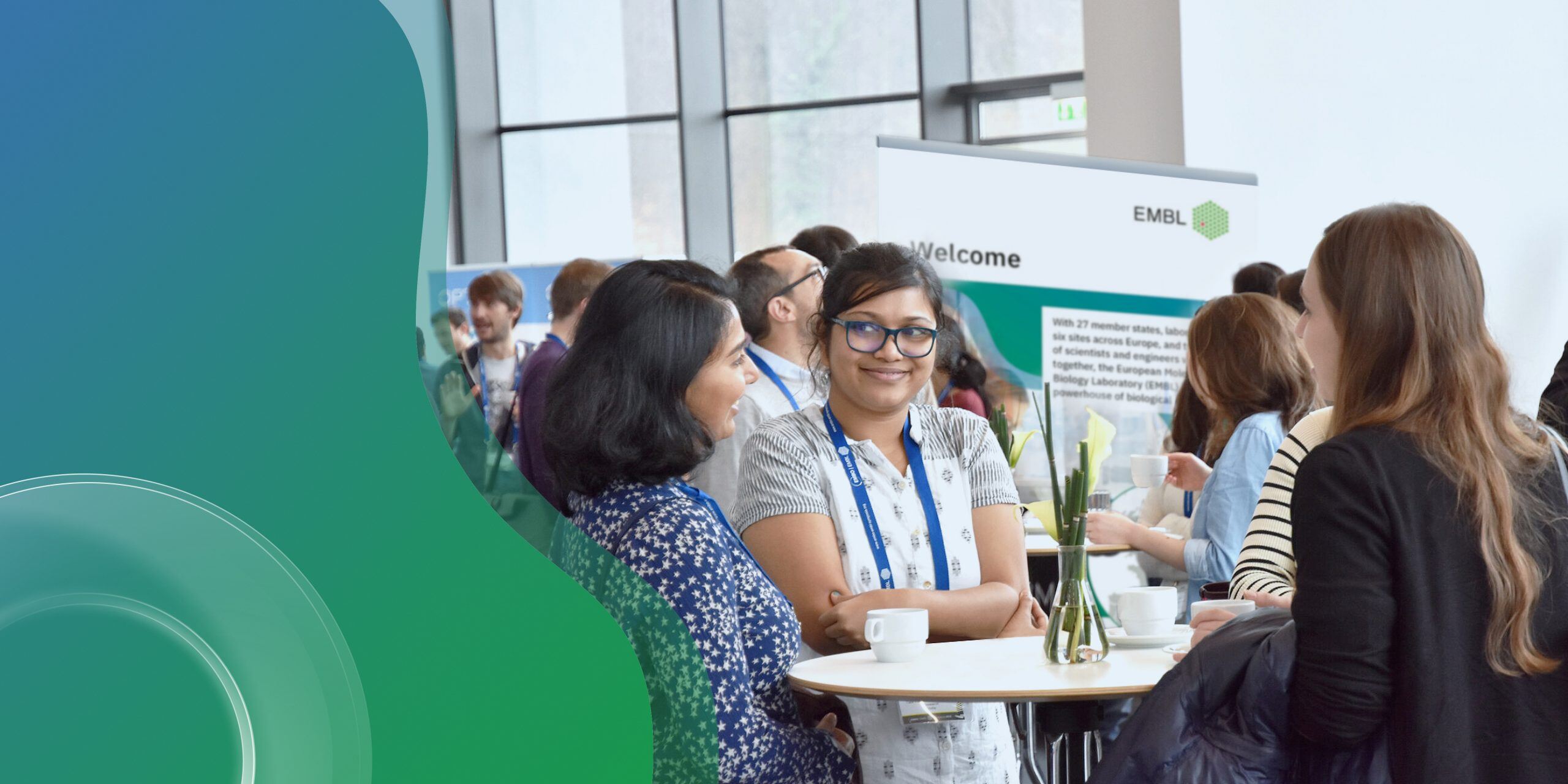18 August - 26 August 2024
Advances in cryo-electron microscopy and 3D image processing
Julia Mahamid, Sebastian Eustermann, Simone Mattei, Lori Passmore, Henning Stahlberg
This course provides the theoretical and practical foundations of advanced cryoEM techniques from sample preparation to data collection to image processing... OverviewSpeakersPreliminary programmePractical informationSponsorsMedia kit Overview Course overview Technology advances in cryo-electron microscopy (cryoEM) over the last decade have transformed our understanding of biomolecular structures across different spatial scales. CryoEM has unique capabilities for obtaining structural information in situ, within complex (cellular) environments, and to obtain atomic-level structures of biologically flexible and heterogeneous macromolecular assemblies. With the advent of the cryoEM ‘resolution revolution’, the method has undergone a tremendous growth in user base. Yet, emerging breakthroughs, such as new (correlated) imagine technologies and in AI-based image processing, demonstrate the potential for cryoEM to make another leap forward towards new frontiers. Therefore, in depth advanced training is essential to ensure future...
EMBO Practical Course
EMBL Heidelberg
Closed



